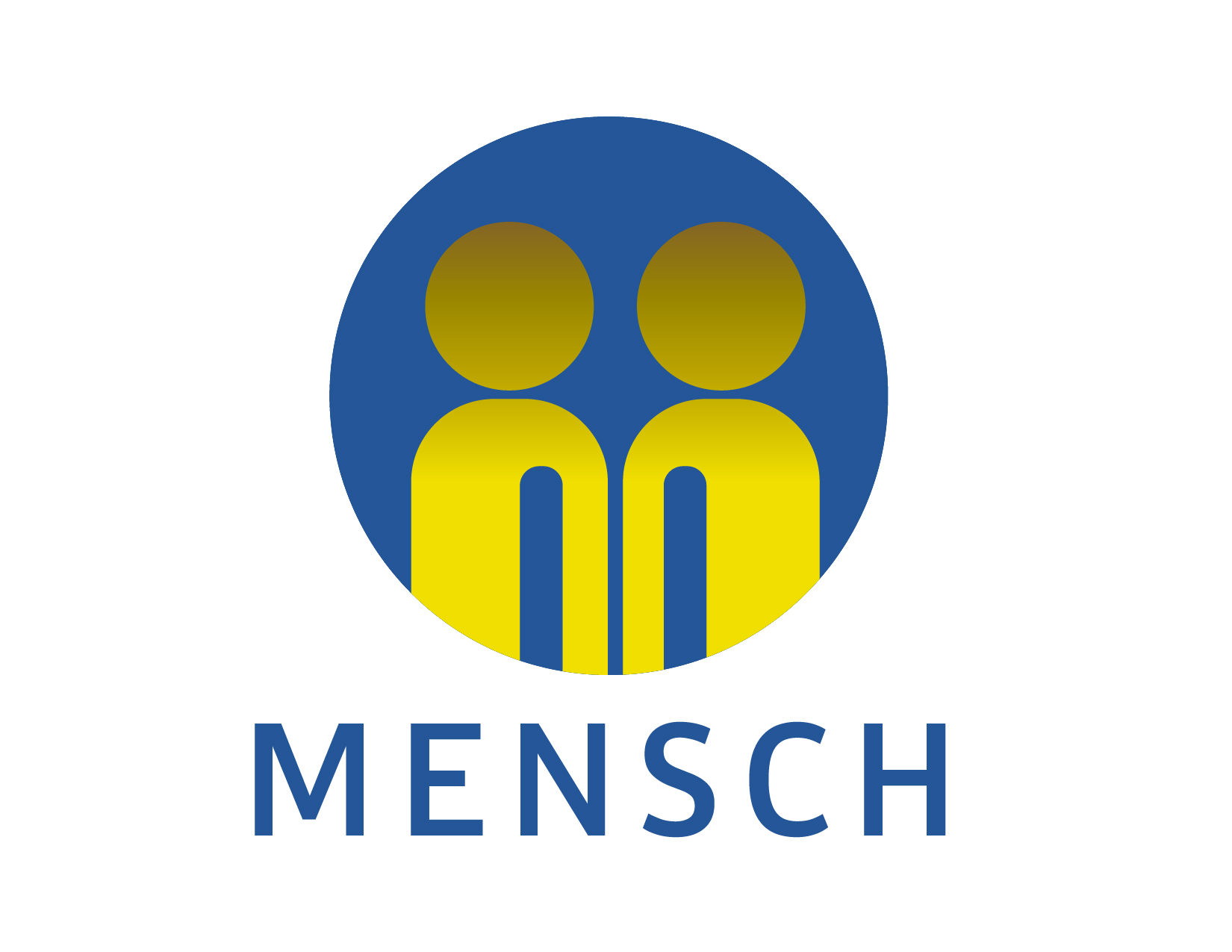
Visualize Your Success!
Did you ever notice how many Olympic gymnasts prior to performing one of their routives are on the sidelines with their eyes closed and seem to be going through the routine in their head? It looks like that because that is exactly what they’re doing. The mind needs to be trained just as much as the body does and both need to work in concert to reach top level performance. Visualizing what a perfect routine looks like and going through each motion in their minds is just as powerful as physically practicing the routine. Seeing the way the routine is supposed to be performed visually or seeing the perfect golf swing and the ball landing in the middle of the fairway prior to actually performing the task is a simple yet powerful way to improve performance. The great news is that this performance improvement technique also works for improving discussions or making better presentations and any other myriad of ‘soft skills’ that need to be performed at work. Increasing your work performance can be as easy as taking a few moments prior to making that critical presentation, to visual the perfect presentation in your mind before delivering it to the intended audience.









